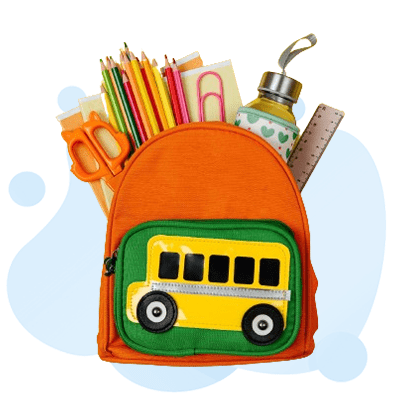
The Kindergarten Readiness Assessment (KRA) is a critical tool designed to evaluate a child’s readiness for kindergarten. This assessment helps educators, parents, and guardians understand the child’s developmental progress and areas needing support. By offering a comprehensive overview of a child’s skills and abilities, the KRA supports a smoother transition into the formal education system.
Key Takeaways
Kindergarten Readiness Checklist
A Kindergarten Readiness Checklist is an essential component of the KRA, aimed at gauging a child’s preparedness for school. This checklist typically includes various developmental and pre-academic skills that are crucial for a successful start in kindergarten. Here are some key areas often covered:
This checklist helps identify strengths and areas where a child may need additional support, enabling parents and teachers to address these needs effectively.
Kindergarteners’ Learning
Understanding how kindergarteners learn is crucial for assessing their readiness. At this stage, children are rapidly developing their cognitive, social, and emotional skills. Key aspects of their learning process include:
Recognizing these learning processes helps tailor the KRA to better evaluate and support each child’s unique developmental needs.
Kindergarten Assessment Test
The Kindergarten Assessment Test is a standardized tool used to evaluate a child’s readiness for kindergarten. This assessment often includes various components to gauge different areas of development:
Child Development
Child development is a broad field encompassing various aspects of a child’s growth. Understanding these developmental stages is crucial for accurately assessing kindergarten readiness:
A comprehensive understanding of these developmental areas helps in creating an effective Kindergarten Readiness Assessment that addresses the needs of each child.
Pre-Academic Skills
Pre-academic skills are foundational abilities that support learning in formal education settings. These skills are essential for kindergarten success and include:
Assessing these pre-academic skills helps identify areas where children may need additional support before starting kindergarten.
Conclusion
The Kindergarten Readiness Assessment (KRA) is a vital tool for ensuring that children are well-prepared for their transition into formal education. By assessing various developmental and pre-academic skills, the KRA provides valuable insights into each child’s readiness and areas that may need further support. Understanding the different aspects of the KRA, including the readiness checklist, learning processes, assessment tests, child development, and pre-academic skills, helps educators and parents support children’s successful entry into kindergarten.
FAQs
What is the purpose of the Kindergarten Readiness Assessment (KRA)?
The KRA evaluates a child’s developmental and pre-academic skills to determine their readiness for kindergarten.
How can parents prepare their child for the KRA?
Parents can support their child’s readiness by focusing on developing cognitive, motor, language, social, and emotional skills through everyday activities and interactions.
What areas are assessed in the Kindergarten Assessment Test?
The test typically includes academic skills, physical development, social and emotional skills, and behavioral skills.
Why is understanding child development important for the KRA?
Understanding child development helps in creating an effective assessment that addresses each child’s unique developmental needs and supports their transition to kindergarten.